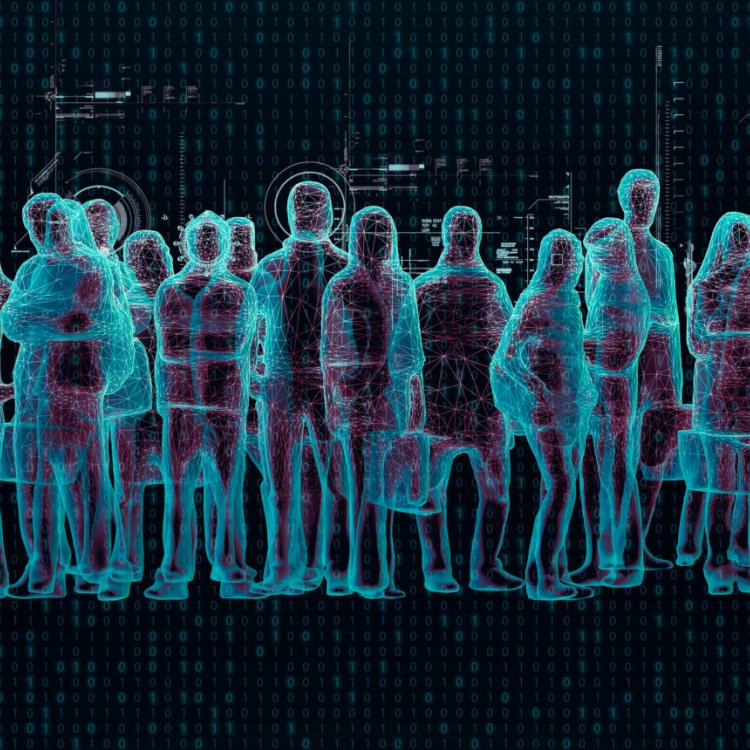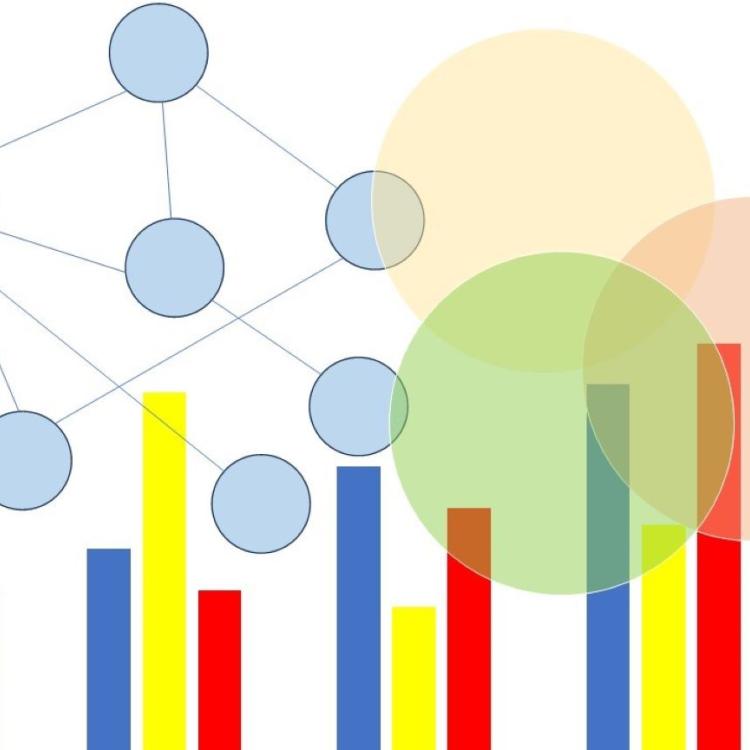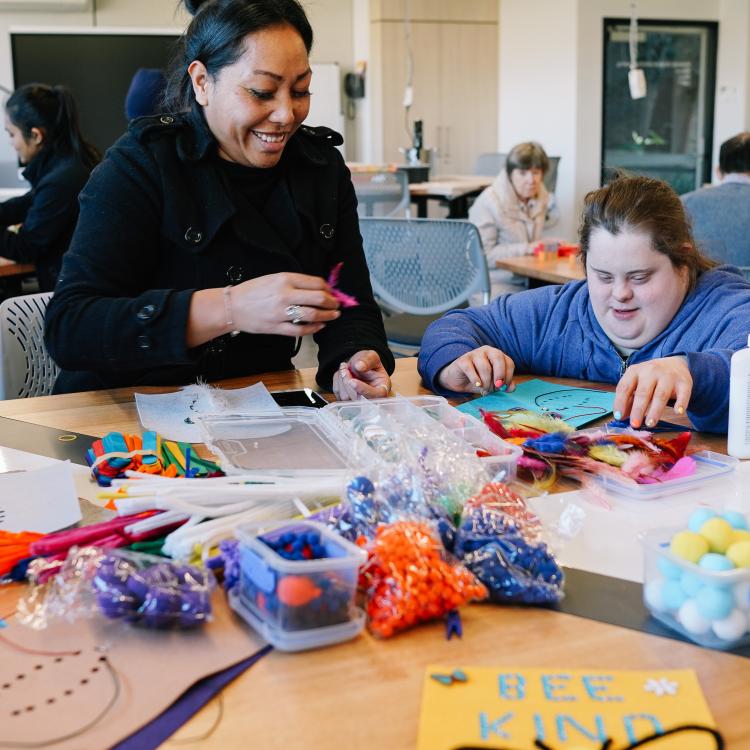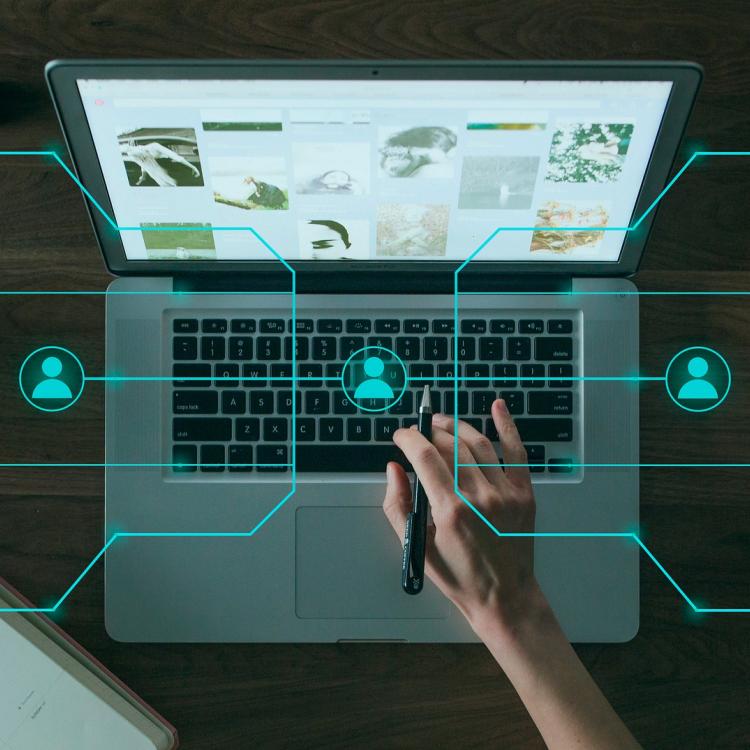Chronic conditions are becoming a serious global and national health problem. Recommendation systems play an important role in supporting patients in managing their long-term health issues. They generally rely on expert rules or machine learning models to provide health advice. Recently, generative AI tools, such as ChatGPT, have become a popular focus of research. In healthcare, they show strong potential to facilitate the process of generating health-related advice without the need for predefined rules or training data. Yet, their reliability remains a serious concern.
Research projects in Information Technology
Displaying 11 - 20 of 39 projects.
AI-driven mobile recommendation systems for diabetes management
Diabetes can be effectively controlled by maintaining a healthy diet, well-managed blood glucose level and regular physical activity. Evidence suggests that improving dietary habits can play a crucial role in preventing the onset or progression of diabetes. A large number of mobile apps have been recently introduced to assist individuals with self-management of diabetes. However, these studies often provide dietary advice based on the average responses of groups to specific foods, rather than considering individual glycemic responses.
Platforming participatory research data governance
Research data governance is an under-explored issue, and technical infrastructures to support the transparency and control of data collected in human research studies (from medicine to social sciences) focus primarily on the researchers rather than the people whose data has been collected. While data protection legislation worldwide is increasingly regulating what companies can do with their customers' data and providing legal mechanisms for customers to access and control such data, the same cannot be said for data collected in research studies.
Information Visualisation: the design space of experimental methodologies
Empirical studies in Information Visualisation research have become more commonplace in the past two to three decades. While formerly the research focus was primarily on utilising the power of novel technologies for presenting data and information in innovative ways, perspectives have changed over time so that evaluating the worth of visualisations (for user, for task, for context) is now considered a crucial stage of the research process.
Social, Political, Economic Studies of Technology and FIRE (Finance, Insurance, Real Estate)
This research project is part of a DECRA fellowship funded by the Australian Research Council for a project titled, Everyday Insurtech: Impacts of Emerging Technology for Insurance. The fellowship will study the development, adoption, and implications of digital technology and insurance—such as tools for capturing individualised data about behavioural risk factors and automating enforcement of policy conditions.
STEM Making for all: including people with a disability
People with disabilities are excluded from the assistive technology creation process because the methods and tools that are used are inaccessible. This leads to missed opportunities to create more accessible technologies for everyone including assistive technologies. This project will engage people with disabilities in the technology creation process at many levels, from engagement activities, input into designs and creation of technology and the facilitation of independent making of assistive technologies.
Reconstructing the Past through Immersive Media
Recent advances in technology mean we can now reappraise the exploration of the past as a future-aligned endeavour. The definition of the ‘past’ here is broad; the reconstruction of a bygone world may derive from relatively recent written texts or photographic archives, from centuries old remains uncovered in archaeological excavations, or even far back in ‘deep time’, to the long-vanished ecologies evidenced in the fossil record.
Developing and evaluating educational chatbot to support self-regulated learning
The project involves design, implementation and evaluation of rule-based chatbot to support students when they study information from multiple texts, e.g., reading a few articles about global warming. The bot will support students' self-regulated learning skills which were theorised to promote learning achievements and boost motivation.
This research will unfold over the following 3 phases:
1. Reviewing the literature on self-regulated learning and creating a set of responses from the bot
2. Developing rule-based chatbot
Closing the feedback loop
Student satisfaction with feedback is consistently low in higher education, and there is a lack of understanding regarding how students interpret and interact with feedback. Learning analytics promises to enhance feedback practice by providing real-time data and insights into learning behaviour and outcomes, so as to inform educational interventions. However, the feedback loop remains open without an understanding of how students make use of the received feedback or the #sustainability of such feedback practice.
Scholarship for Monash Assistive Technology & Society (MATS) Centre
The Monash Assistive Technology and Society (MATS) Centre helps people living with disabilities to lead self-directed lives. Emerging assistive technologies have the potential to break down many of the barriers that people with disabilities face at school, university, work and in the social sphere. Our work is guided by on-the-ground partnerships with the community to ensure we’re addressing real problems faced by real people and creating a lasting impact. Join us and help to create a world that is more inclusive and equitable.






